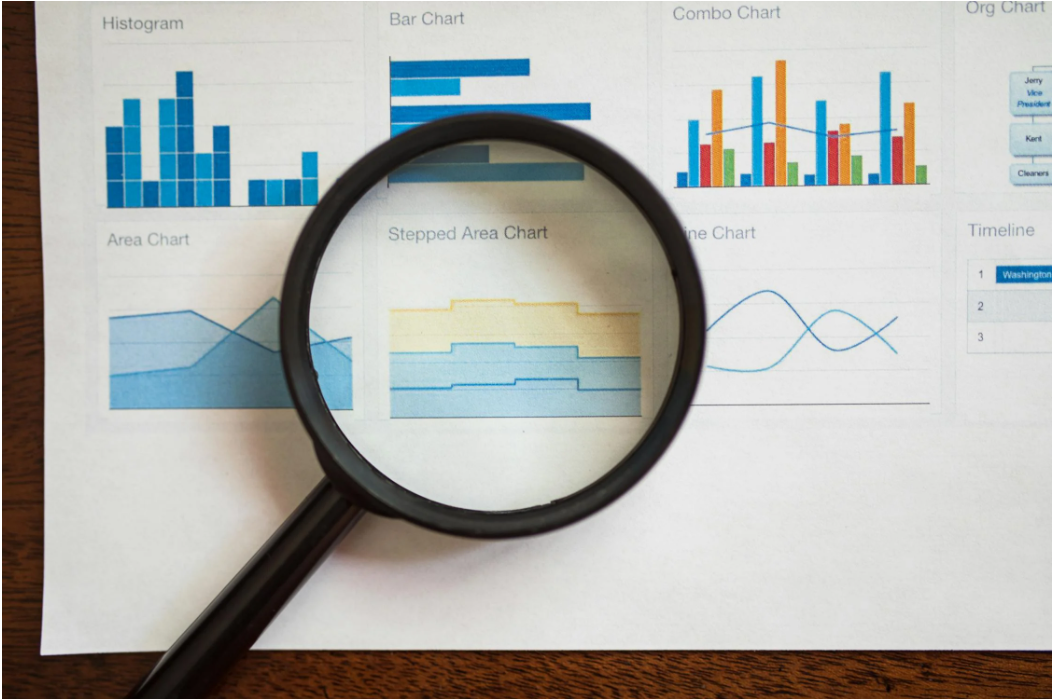Reporting Methodology: Asking The Right Questions
In the contemporary business landscape, data is omnipresent. Organizations are inundated with a plethora of reporting forms, models, tools, and management reporting techniques. The advent of advanced automation has significantly transformed reporting methodologies, making them more sophisticated and efficient. However, the human aspect of reporting has not kept pace with these technological advancements. Despite the abundance of data, many business leaders struggle to achieve the desired outcomes in terms of cost, time, benefits, quality, and risk management. This article delves into the importance of asking the right questions in reporting methodologies to ensure effective decision-making and business success.
The Role of Management Reporting
Management reporting is crucial for providing stakeholders with essential signals to guide businesses in the right direction. It encompasses various aspects such as:
Likelihood and magnitude of risk: Identifying potential risks and their impact on the business.
Financial performance: Assessing the financial health of the organization.
Critical business indicators: Monitoring key performance indicators (KPIs) that drive business success.
Timeliness in delivering expected results: Ensuring that projects and initiatives are completed on time.
Correlation between variables: Understanding the relationships between different business variables.
These elements enable leaders to track business performance and implement deliberate strategies. However, despite the availability of comprehensive data, there are numerous instances of corporate and project failures. This paradox often stems from a lack of understanding of the root causes and an over-reliance on correlation without scrutinizing causality.
The Human Factor in Reporting
Human heuristic, bias, and prejudice can significantly influence the design and interpretation of management reporting. Common biases include:
Rootedness in the status quo: A tendency to stick to familiar methods and resist change.
Action bias: A preference for taking action even when it may not be necessary or beneficial.
Overconfidence bias: An overestimation of one's abilities and the accuracy of one's predictions.
Additionally, technological, economic, aesthetic, and political factors can impact the transparency and accuracy of management reporting. Reports may sometimes be intentionally or unintentionally skewed to present a more favorable business situation.
The Debate on Reporting Paradigms
There is an ongoing debate about the best management reporting paradigms for business leaders. The key principle to follow is that no single paradigm is universally the best. Leaders should ensure that the data reveals what stakeholders need to track and analyze, rather than what is comforting to believe. A robust management reporting framework should help leaders understand causality, facilitate open dialogue among stakeholders, and visualize and track business performance. In essence, reports should help leaders diagnose the challenges they face.
Asking the Right Questions
To develop a robust and efficient reporting methodology, it is imperative for leaders to address three fundamental questions:
What is the purpose of the reporting methodology?
This question aims to elucidate the primary objectives and goals behind the implementation of the reporting system. Understanding the purpose helps in aligning the reporting process with the strategic goals of the organization, ensuring that the data collected serves to inform and drive key business decisions.
How should data be collected and communicated to stakeholders?
This inquiry focuses on the mechanisms and protocols for data acquisition and dissemination. It involves determining the most effective methods for data collection, ensuring accuracy and reliability, and establishing clear channels for reporting the data to relevant stakeholders. This step is crucial for maintaining transparency and fostering trust among all parties involved.
What specific information needs to be reported to facilitate objective and informed decision-making?
This question addresses the content and scope of the reports. It is essential to identify the critical data points and metrics that need to be included in the reports to provide a comprehensive and unbiased view of the situation. This ensures that the information presented is relevant, actionable, and supports evidence-based decision-making processes.
By systematically addressing these questions, leaders can design a reporting methodology that is not only effective but also aligned with the strategic needs of the organization, thereby enhancing the overall decision-making process.
Theoretical Insights
As Macintosh and Quattrone (2010) explain, "Models and theories help us to see and understand things that we might otherwise overlook. However, by making some of this relationship visible and intelligible, they also obscure and exclude other possible vistas on management control problems. Therefore, we need to be acquainted with various forms of explaining and interpreting organizations and controls. Knowing one perspective only is too reductionist, given the complexity of the phenomenon" (p. 51).
Govindarajan (2016) adds, "If you proactively attend to the future every day, you earn the opportunity to shape the future to your advantage." To effectively assess data, leaders should utilize advanced reporting methods, sophisticated models, and cutting-edge algorithms. Their primary focus should be on the following key areas:
Constituents of the specific problem: This involves identifying and understanding the fundamental elements and variables that define the issue at hand.
Distribution of outcomes: This entails analyzing the range, frequency, and impact of different results to gain insights into potential patterns and trends.
Scenario analysis: This requires the use of predictive analytics to evaluate various hypothetical scenarios and their potential outcomes.
In addition, leaders should adhere to best practices in evaluating business performance. Well-designed management reporting transcends mere data representation; it serves as a strategic framework that fosters innovative problem-solving and encourages the exploration of new solutions.
Conclusion
Asking the right questions is fundamental to framing the reporting methodology as a tool for effective decision-making. It helps structure dialogue with key stakeholders and design a proper reporting philosophy. A well-crafted reporting philosophy ensures that the business runs successfully by providing accurate, transparent, and actionable insights. By focusing on the right questions and leveraging advanced reporting techniques, leaders can navigate the complexities of the business environment and drive their organizations toward sustained success.





